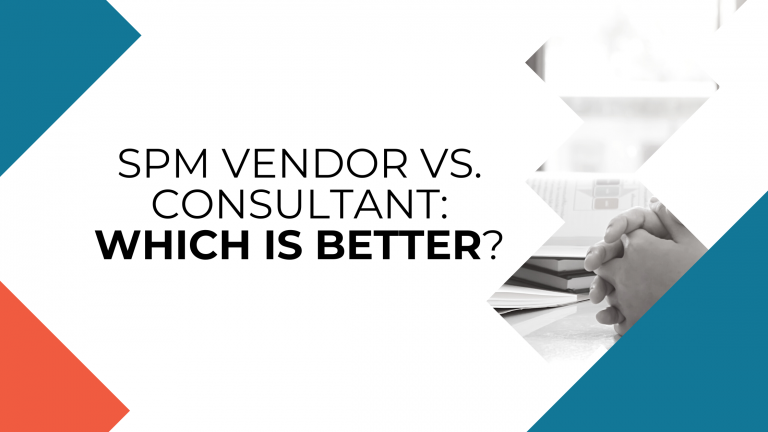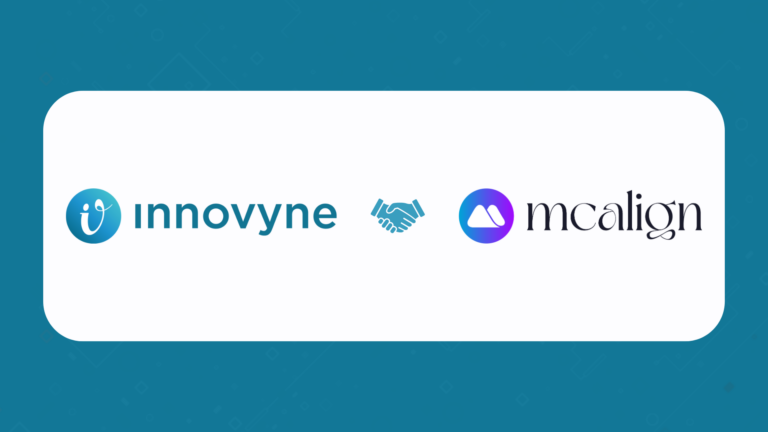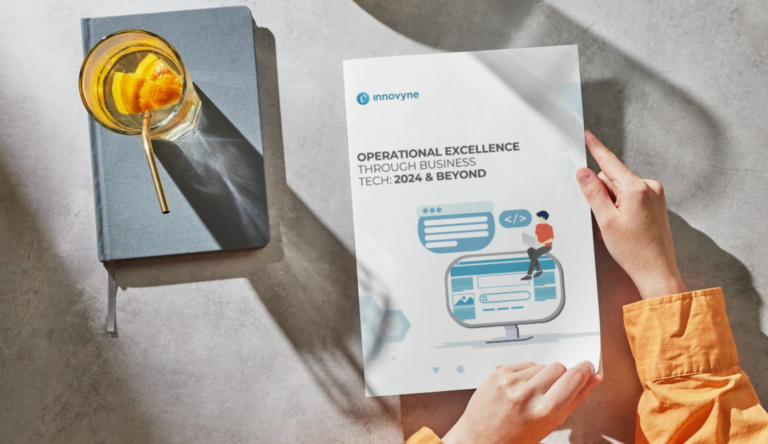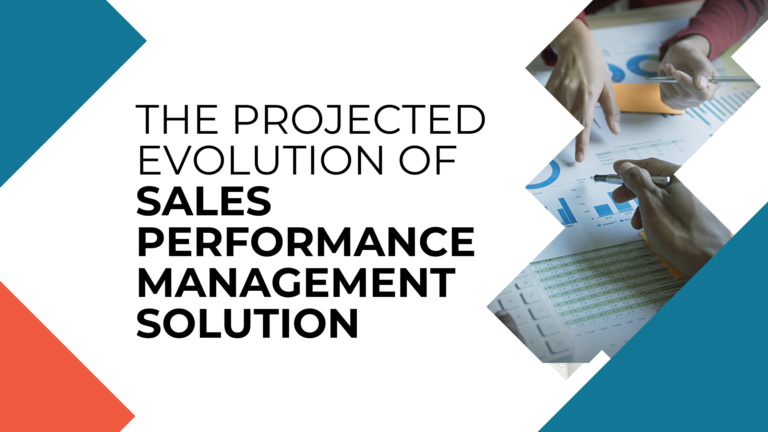The process of Sales Performance Management (SPM) implementation is more than just a matter of choosing the right software. It’s about finding the right partner to guide you through a seamless transition and ensure that your investment yields the desired outcomes. A surprising statistic reveals that only 14% of SPM implementations check off the trifecta of success: they’re completed on time, within budget, and they effectively meet business requirements.
When you’re considering an SPM solution, the stakes are high. The sheer cost of licensing can run into thousands or even millions, depending on the scale of your operations. Given the magnitude of the investment, it’s crucial to ensure your project falls into that 14% of successful implementations.
But who should guide you on this journey? The software vendor or a dedicated consultant? Here’s a brief overview to help you decide.
The Allure of Direct Vendors in SPM
At first glance, working with a direct vendor seems logical. After all, who knows the product better than the people who built it? Vendors have in-depth knowledge about the capabilities and nuances of their product. But, here’s the thing: they’re in the business of creating software, not necessarily diving deep into complex business problem-solving.
To put it into perspective, consider the cost dynamics. A composite business featuring 2,000 payees might pay around $1.5M in licensing fees alone. This recurring fee is a dependable revenue stream for the vendor. Meanwhile, the implementation fee—estimated at around $650K for this business—is one-time, involves much more labor and bears significant risk. It’s clear where the vendor’s financial interests lie: in selling and refining their software product, not necessarily in the meticulous nuances of tailored implementation.
Related : How Much Does ICM Cost?
The Case for SPM Consultants
On the other side of the spectrum, we have consultants. Their success is deeply intertwined with client success. While they might not have created the software, they specialize in ensuring it’s tailored to your unique business challenges. They’re more than just technicians; they’re problem solvers, investing time to understand your business landscape and delivering a solution that aligns with your needs.
Consultants also bring a wealth of cross-industry expertise to the table with each implementation. As a result of building (and often re-building) SPM implementations, they have amassed a wellspring of best-practices that help to identify pitfalls and anticipate business needs before they emerge. The onboarding process with a consultant may take a little longer, but that is often because of the depths they go to, to understand your business.
Another important consideration is the fact that your SPM solution is not something that is ever “finished.” Rather, it is a system that evolved with your business. According to 2023 research by Alexander Group, 83.7% of businesses plan to make changes to their compensation plans this year. While most businesses should be able to handle most of these changes on their own, many still will require technical support from their service providers in order to make sure that they are properly executed, that the data is accurately integrated into their reporting tools, and that they don’t introduce any unintended downstream consequences. While a vendor may provide the technical expertise to handle any direct request from their clients, it is the consultant who will better understand the ins and outs of their business, factoring into their equation their needs, present and future.
SPM Vendors and Consultants: How are they different when it comes to implementation?
Let’s take a closer look at the differing roles between implementation consultants and direct vendors.
| Implementation Consultant : | Direct Vendor : | |
|---|---|---|
| Objective & Primary Role | Implementation Consultant :Their main objective is to ensure the software aligns with business needs. Their primary role is that of an advisor and advocate for their client. | Direct Vendor :While they offer support, training, and implementation services, their primary objective is sales-driven. They focus on promoting and selling and upselling their proprietary software. |
| Scope of Experience | Implementation Consultant :They know the ins and outs of how an SPM solution serves different businesses over the lifetime of their investment. As such, they can bring broader perspective to the table. | Direct Vendor :While they have deep knowledge of their software, they may not have a broad overview into evolving business needs over the lifetime of the client’s investment. As such, their implementations may not be tailored for optimal performance over the long haul. |
| Commitment Duration | Implementation Consultant :Their involvement extends far beyond solutions implementation. It is typical for consultants to be involved for the entire life cycle of the client’s SPM investment, from initial requirement gathering through implementation through subsequent training, maintenance, and support. | Direct Vendor :It is typical for vendors to offer configuration and training because it is in their interests that the software effectively serves their customers. However, they are in the business of software development, not business systems support. As such, once the solution is integrated and training is completed, their role diminishes to standard customer support. |
| Nature of Relationship | Implementation Consultant :Their success is inextricably linked to their client’s software adoption. Therefore, they strive to build long-term relationships, offering strategic advice, and evolving as the client’s needs change. | Direct Vendor :The relationship between vendor and client is more transactional. Many vendors do offer technical support; however, it is often limited to their product’s functionality rather than strategic business direction. |
| Financial Interest | Implementation Consultant :Their earnings are primarily based on consultation fees and successful implementation. As such, they may strive to offer assistance and value past the initial integration. | Direct Vendor :Their primary revenue source is software licensing, which typically recurs on a monthly or annual basis. Implementation is and support is a limited-time service offering that makes up a small fraction of their earnings. As such, their top financial interest is selling the product and various extensions. |
| Implementation Consultant : | Direct Vendor : | |
|---|---|---|
| Objective & Primary Role | Implementation Consultant: Their main objective is to ensure the software aligns with business needs. Their primary role is that of an advisor and advocate for their client. | Direct Vendor: While they offer support, training, and implementation services, their primary objective is sales-driven. They focus on promoting and selling and upselling their proprietary software. |
| Scope of Experience | Implementation Consultant: They know the ins and outs of how an SPM solution serves different businesses over the lifetime of their investment. As such, they can bring broader perspective to the table. | Direct Vendor: While they have deep knowledge of their software, they may not have a broad overview into evolving business needs over the lifetime of the client’s investment. As such, their implementations may not be tailored for optimal performance over the long haul. |
| Commitment Duration | Implementation Consultant: Their involvement extends far beyond solutions implementation. It is typical for consultants to be involved for the entire life cycle of the client’s SPM investment, from initial requirement gathering through implementation through subsequent training, maintenance, and support. | Direct Vendor: It is typical for vendors to offer configuration and training because it is in their interests that the software effectively serves their customers. However, they are in the business of software development, not business systems support. As such, once the solution is integrated and training is completed, their role diminishes to standard customer support. |
| Nature of Relationship | Implementation Consultant: Their success is inextricably linked to their client’s software adoption. Therefore, they strive to build long-term relationships, offering strategic advice, and evolving as the client’s needs change. | Direct Vendor: The relationship between vendor and client is more transactional. Many vendors do offer technical support; however, it is often limited to their product’s functionality rather than strategic business direction. |
| Financial Interest | Implementation Consultant: Their earnings are primarily based on consultation fees and successful implementation. As such, they may strive to offer assistance and value past the initial integration. | Direct Vendor: Their primary revenue source is software licensing, which typically recurs on a monthly or annual basis. Implementation is and support is a limited-time service offering that makes up a small fraction of their earnings. As such, their top financial interest is selling the product and various extensions. |
Navigating the Maze
The heart of the matter is this: vendors build, while consultants tailor and optimize. When you’re standing at the crossroads of such a crucial decision, you must consider not just the product, but the journey of integration and the long-term value.
Want to delve deeper into this debate? Explore more detailed insights including the latest research into the outcomes of each implementation approach on businesses. Dive into the nuances and make an informed choice for your SPM implementation journey
Consultant vs. Vendor: When it comes to SPM, which is better?



